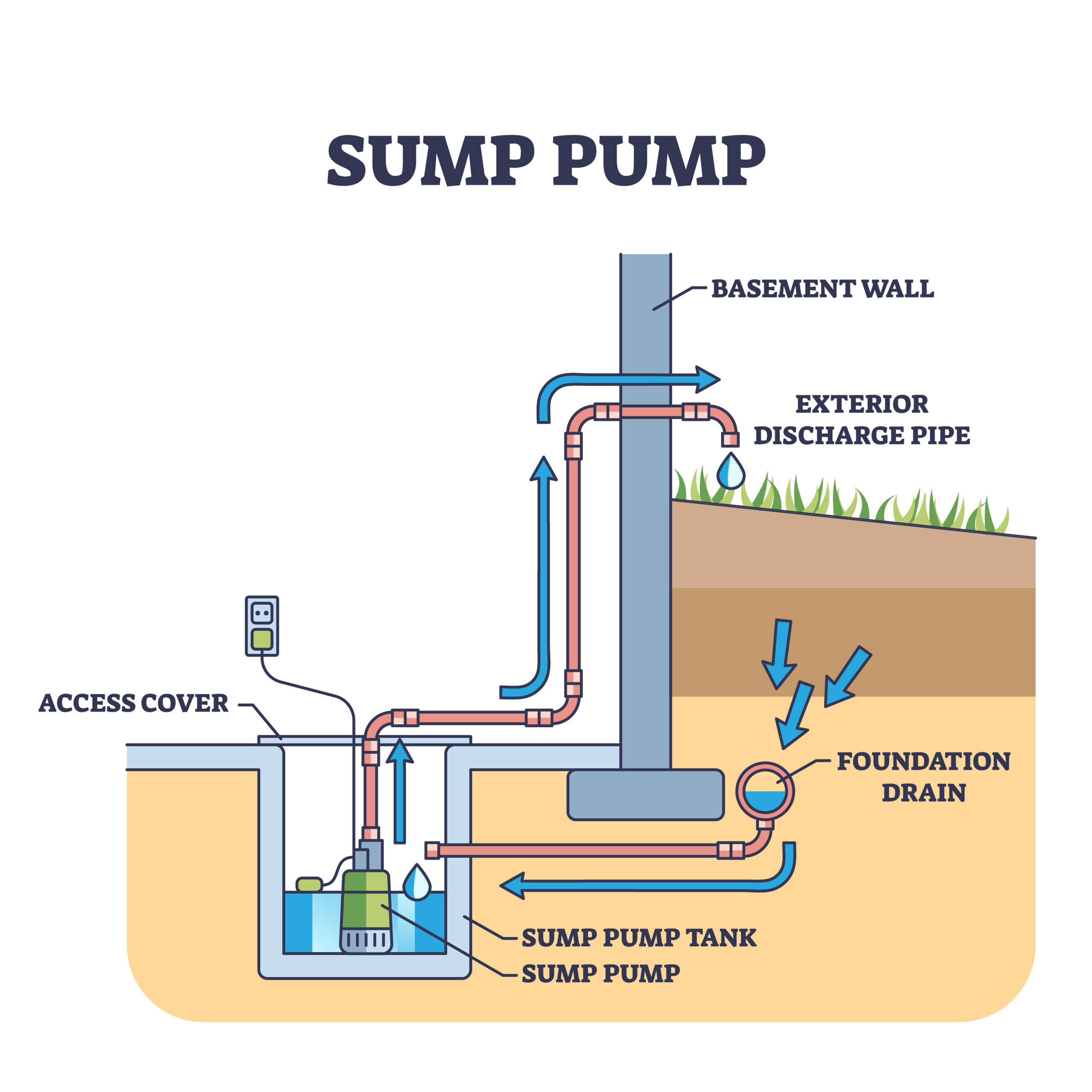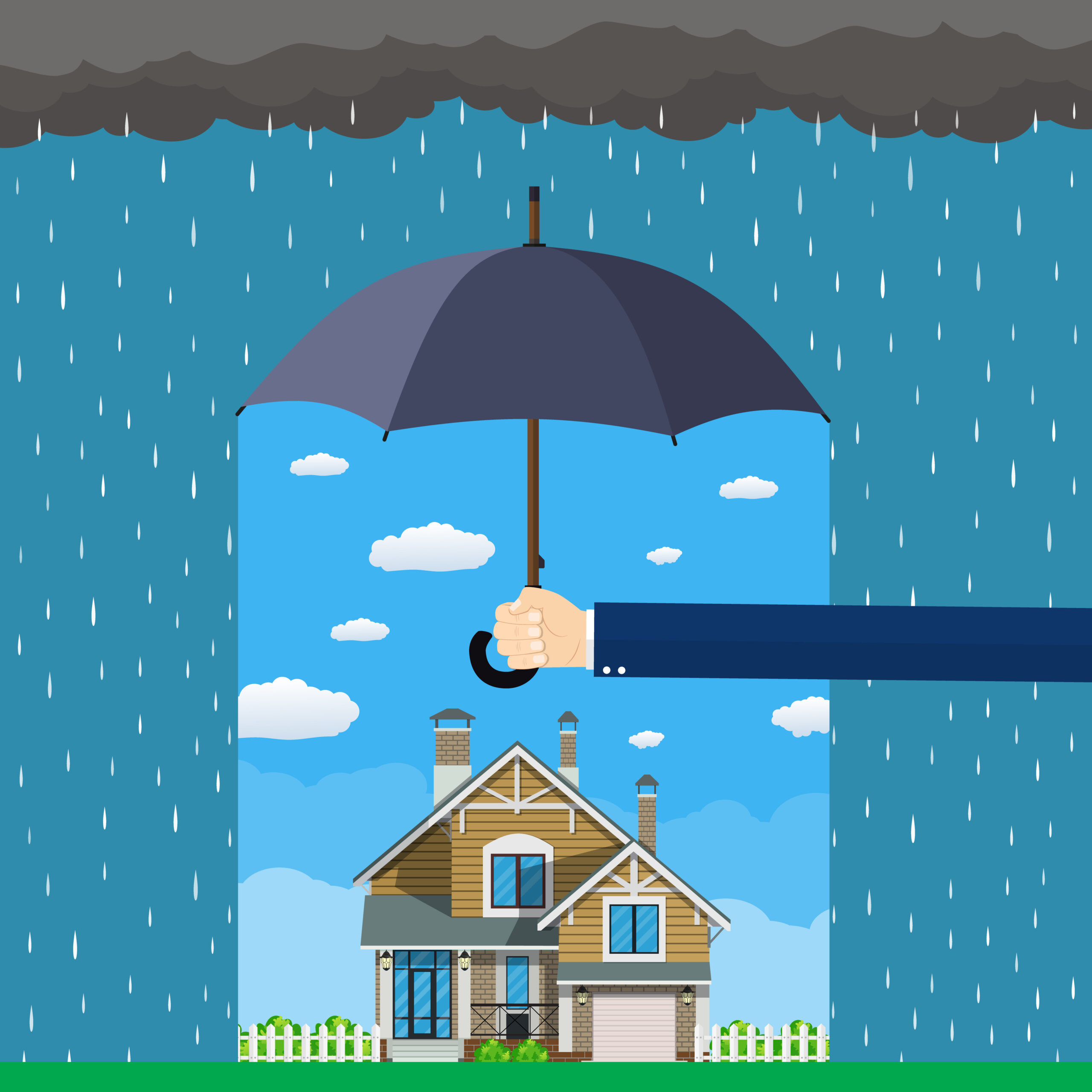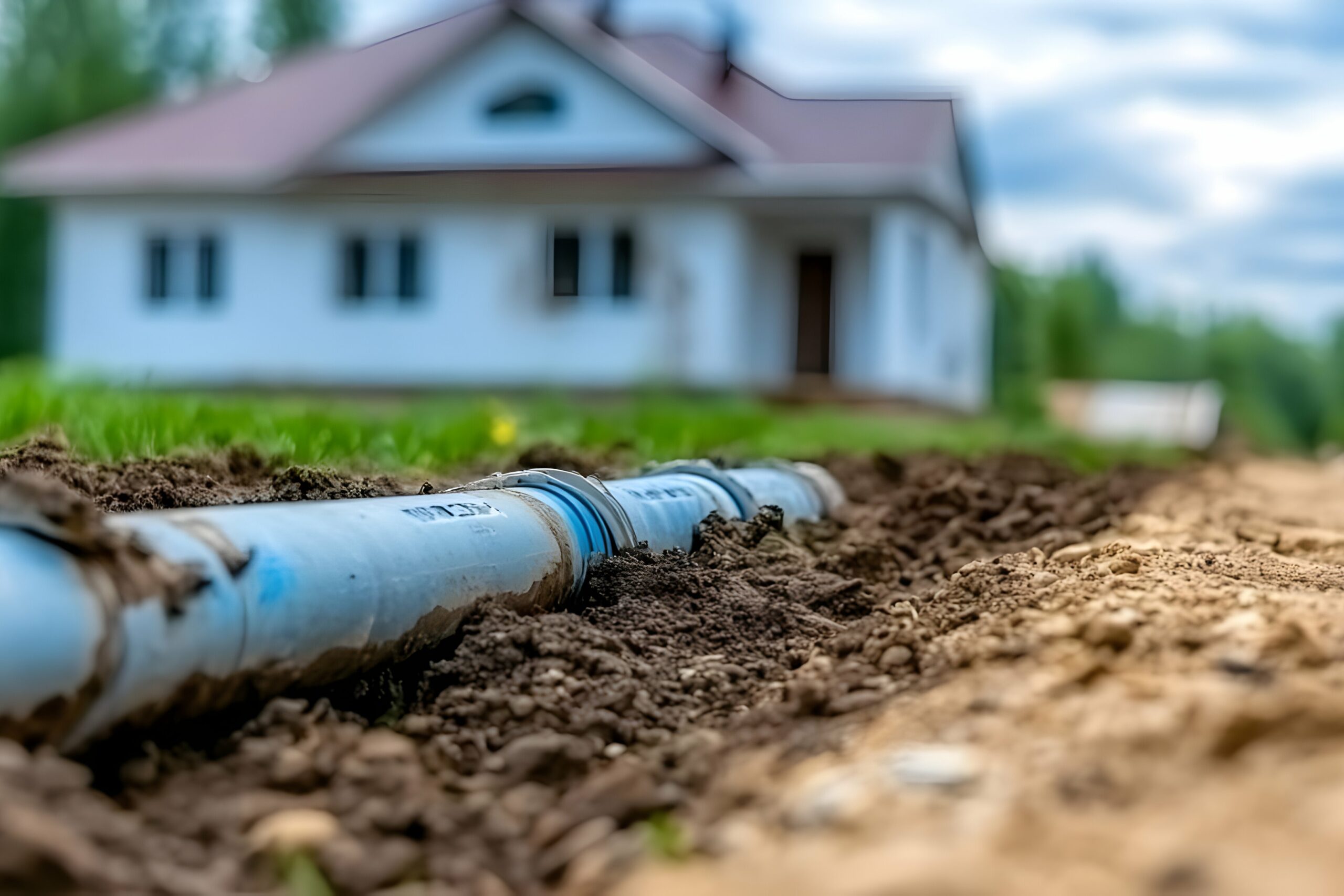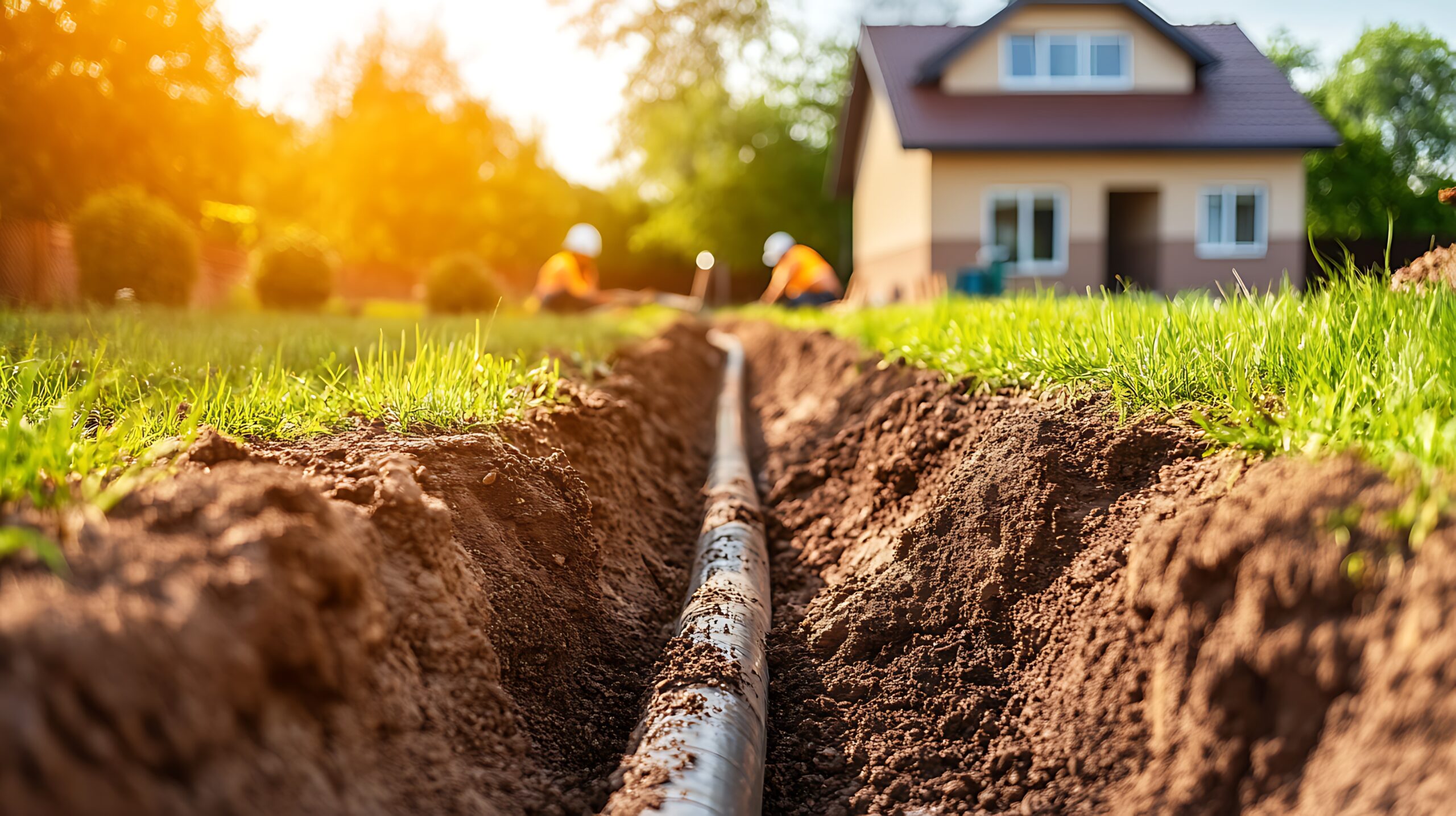|
Getting your Trinity Audio player ready...
|
Last Revised: 4/10/25
Do you sleep through storms – or stay up checking the basement? If you’re constantly worrying about water damage, you’re not alone. Many people live with the nagging fear that one bad storm could mean thousands in repairs – and that fear isn’t unfounded.
Whether you’ve already dealt with water damage or you’re simply not willing to roll the dice, a sump pump offers a powerful layer of protection.
Sump pumps are tried-and-true systems that automatically remove excess water from the lowest part of your home, protecting you from both catastrophic flooding and the slow damage of hidden moisture. But do you really need one?
At Mattioni, we’ve helped homeowners make smart decisions about water protection for decades. Whether you’ve owned your home for months or years, understanding your flood risk is one of the most important steps you can take to protect your property – and your peace of mind.
In this article, you’ll learn:
- How sump pumps work
- How to tell if your home needs one
- What to do if you’re unsure where to start.
By the end, you’ll have the clarity and confidence to effectively protect yourself from home flooding.

1. What is a Sump Pump?
A sump pump is a small mechanical device connected to electricity and a discharge pipe installed at the lowest point in your home – usually in a well in your basement called a sump basin. Its primary job is to prevent water from flooding your home by pumping it out before it pools or creates a wet basement.
The sump basin collects excess rainwater seeping in from the soil around your foundation. When it reaches a certain level, a float mechanism activates the sump pump, and it begins to pump the water through the discharge pipe to your storm drain in your yard, and away from your home’s foundation.
The purpose of a sump pump is to keep your home dry during storms, preventing flooding, mold growth, and structural damage. They’re vital in that they provide peace of mind that your home will stay protected during heavy rainfall and flash floods.
2. Why Do I Need a Sump Pump?
Basements are naturally prone to water infiltration because they sit below grade, meaning water naturally collects around them. Yet the need for a sump pump isn’t always obvious, and they aren’t always required by building code. In truth, some homes need a sump pump more than others. Here are some reasons why you might need a sump pump:
Signs You Might Need a Sump Pump
- Your home is in a flood zone or a high water table area
- Your home has poor drainage at or near the home’s foundation
- Your home is located near a body of water
- Heavy rain or flash flooding is a factor in your area
- Your yard’s runoff slopes towards your home, not away from it
- You or someone in your family has respiratory sensitivity, and preventing mold growth is critical
- You have expensive equipment or irreplaceable belongings in your basement
The best way to determine whether a sump pump is necessary for your home is to look at your home’s location, its structure, and the slope of your yard. If your house has a basement or crawlspace, sits at or below the water table, and is in a region known for heavy rainfall or flash floods, there’s a strong chance a sump pump would benefit you – even if you haven’t experienced flooding yet.

3. What are the Risks of Not Having a Sump Pump?
Without a reliable way to divert rainwater and groundwater, it can seep through tiny cracks in foundational walls and begin to accumulate in your basement. Even a little moisture buildup can pose a silent risk as it creates an environment for mold growth.
And water damage is more than a temporary nuisance – it can ruin flooring and drywall, destroy stored belongings, and damage your home’s structure. Costs to repair your home from water damage may or may not be covered by your homeowners insurance, meaning you could be left to foot the bill.
Installing a sump pump equips your home with a line of defense from these issues. For added peace of mind, consider installing two or three in your basement to drain water during the heaviest flooding, and a battery backup so that your sump pump will continue to run even if you lose power.
4. How Do I Install a Sump Pump in My Home?
Installing a new sump pump in your basement is a job best left to a professional, even for the most hands-on DIYers. It’s a complex process that requires specialized equipment to dig a pit, install a basin, connect the discharge pipe, and run the pipe to your home’s exterior.
However, if you have a sump pump and it’s not working properly, you may be able to replace it on your own. You’ll likely be able to reuse the discharge pipe and simply remove the old sump pump, position the new one in the basin, connect it to the discharge pipe, and plug it in.
If you need a new sump pump installed or assistance replacing your existing one, don’t leave it to chance. Call a professional to ensure the job is done right and your home is protected from unforeseen floods.
5. Do Sump Pumps Need Much Maintenance?
This is a common concern for first-time and non-DIY homeowners. Thankfully, sump pumps are generally low-maintenance systems. They operate automatically using a float, meaning they only run when water is present and shut off when their job is done. In other words, you don’t need to be especially handy to own one.
Regular maintenance typically involves a quick inspection once or twice a year to ensure the pump is clear of debris, the float mechanism moves freely, and the discharge line isn’t blocked or frozen. Many homeowners schedule an annual checkup with a plumber ahead of the expected rainstorm seasons in the fall and spring to make sure everything is in working order.
If you live in an area where power outages frequently accompany heavy rain, a battery backup is also worth considering. If your power goes out, a sump pump won’t be able to operate, and your home will be left unprotected. A battery backup ensures your pump continues to function even if the lights go out.

How to Decide If It’s Time to Install a Sump Pump
Whether you’re a first-time homeowner or have years of experience maintaining your property, water damage is one risk that’s always better to prevent than repair. Heavy rain can turn a safe, dry basement into an expensive mess overnight, without any warning.
A properly installed and maintained sump pump is one of the simplest, most effective ways to protect your home’s foundation, safeguard your belongings, and avoid costly insurance gaps. If you live in a storm-prone area and you don’t have a proper drainage system, a sump pump is more than just a piece of equipment – it’s peace of mind.
At Mattioni, we have over 75 years of experience helping homeowners prevent water intrusion. We do more than just install sump pumps – we help you understand what your home needs and why.
If you’re not sure whether your home needs a sump pump (or if you’re relying on one that hasn’t been checked in over a year) schedule a sump pump inspection with Mattioni today by calling us at (610) 400-8510.
Because home floods don’t send a warning first – click here to book an appointment online.




